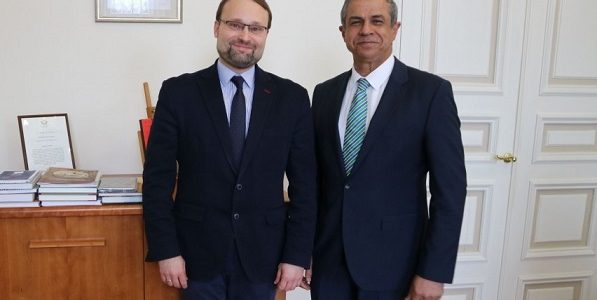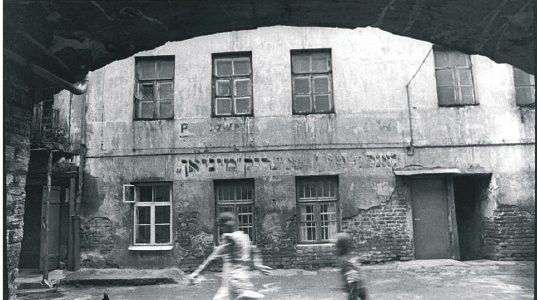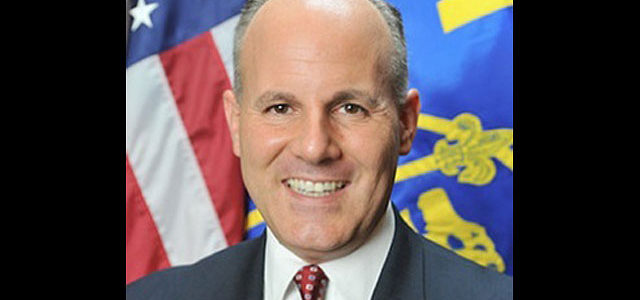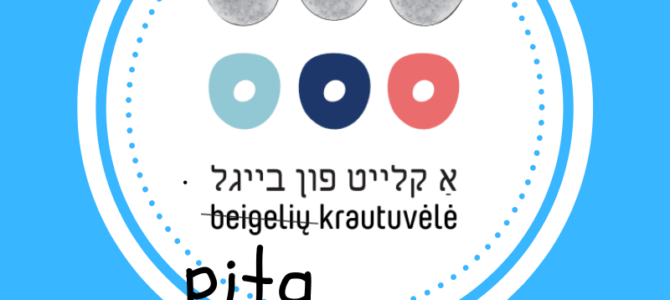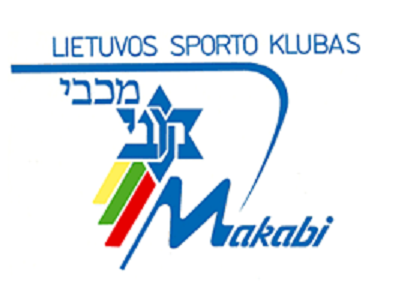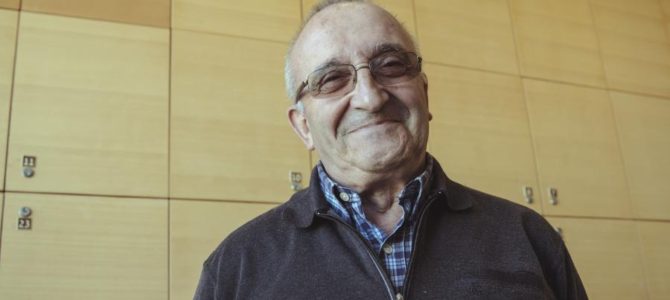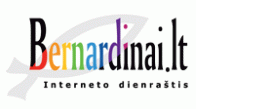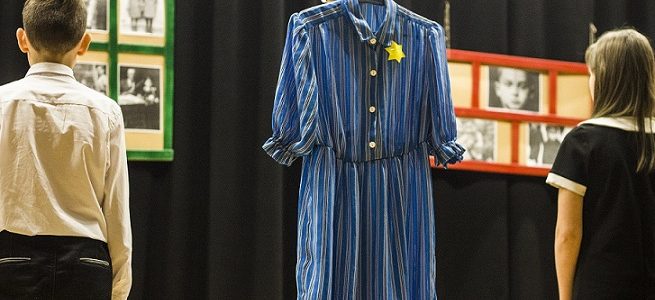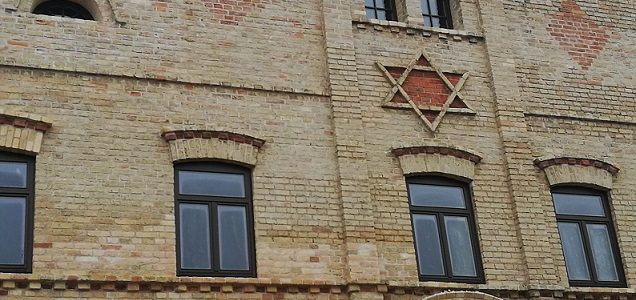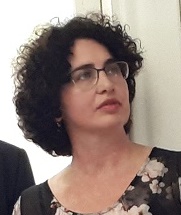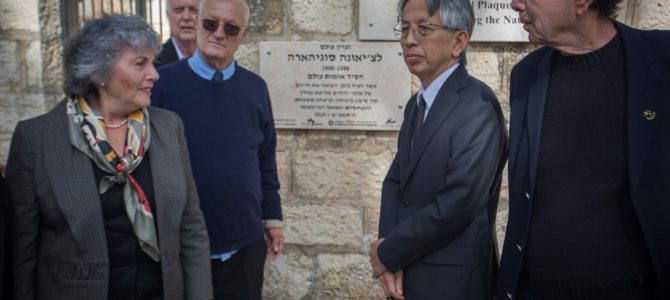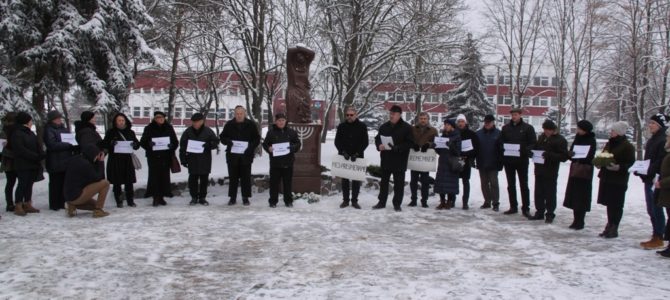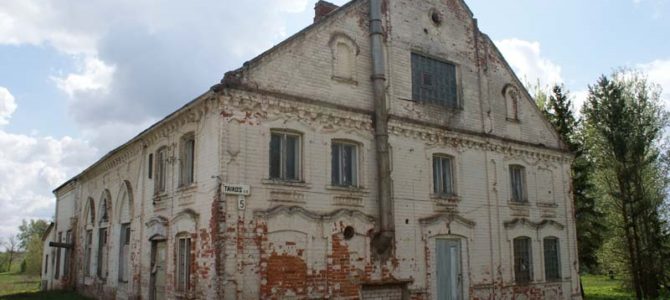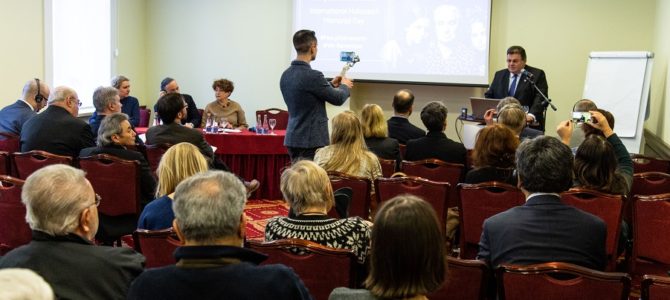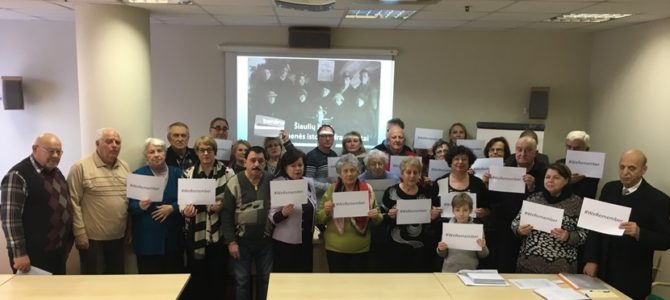Cultural cooperation between Israel and Lithuania is gaining momentum through joint projects and upcoming events discussed by Lithuanian minister of culture Dr. Mindaugas Kvietkauskas and Israeli ambassador to Lithuania Amir Maimon.
The Lithuanian cultural festival Lithuanian History to be held from March to June in Tel Aviv was cited as an example of intense cultural cooperation. This is one of the most remarkable Lithuanian cultural projects to be held abroad in 2019. Lithuanian cultural organizations working together closely with Israeli cultural organizations will present Lithuanian literature, music, modern dance, documentary cinema and visual arts. The festival will likely strengthen ties between Lithuanian and Israeli cultural organizations and promote Lithuanian culture in Israel.
The meeting between the Lithuanian minister and the Israeli ambassador discussed how more active exchanges of cultural workers between Israel and Lithuania should encourage the drafting of a 2019-2022 program of Lithuanian and Israeli cooperation in the areas of education, academia, culture, youth affairs and athletics with a significant emphasis on culture.
Full text in Lithuanian here.



















